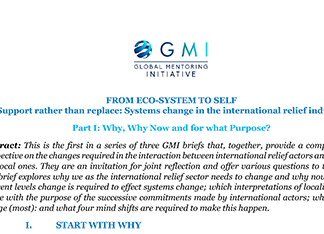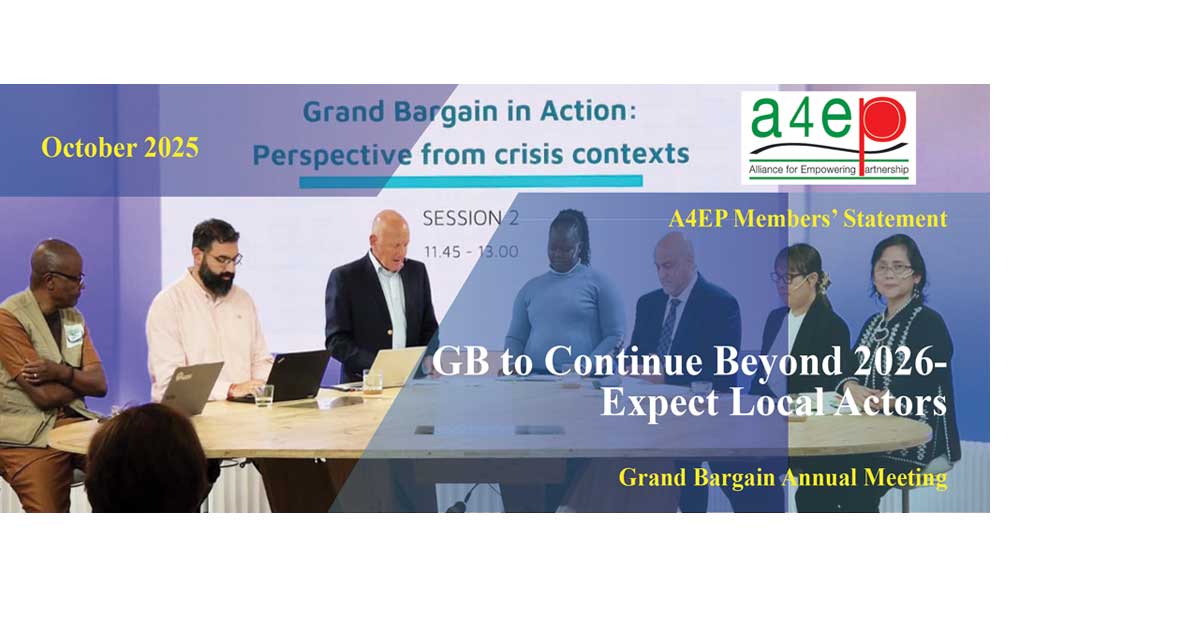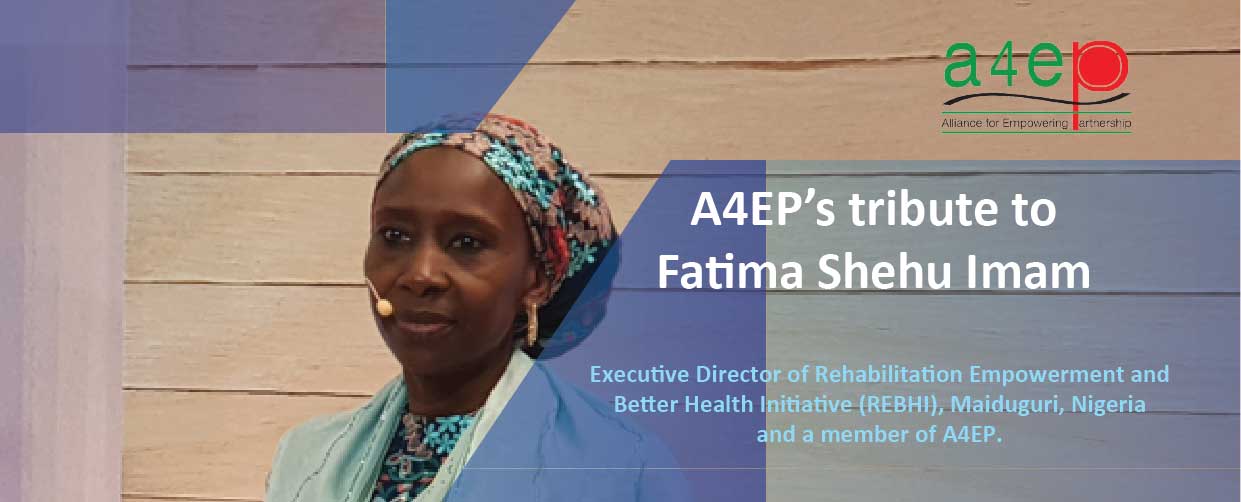This is a series of three GMI briefs that, together, provide a comprehensive perspective on the changes required in the interaction between international relief actors and national and local ones. They are an invitation for joint reflection and offer various questions to that effect.
The first brief explores why we as the international relief sector needs to change and why now; at what different levels change is required to effect systems change; which interpretations of localisation are in line with the purpose of the successive commitments made by international actors; who needs to change (most): and what four mind shifts are required to make this happen.
The second brief explores key factors that shape the degree and nature of internationalisation and localisation in a given context; several core dimensions and cross-cutting issues in the operational interaction between international relief agencies and local/national actors; the questions of risk, trust and value-for-money; and that of power, its responsible use and abuse.
The third brief explores different layers that require attention and action to effect real systems change; it inquires whether common ways of choosing partners actually encourage real partnership; it invites reflection about negative narratives that amount to prejudice; it draws attention to rank and status in the aid world; it looks at different qualities of conversation and of listening; it concludes by pointing out that change starts with you.
- Part I: Why, Why Now and for what Purpose?
- Part II: Operationalising Localisation
- Part III: Mindsets, Attitudes, Behaviours
For more of GMI’s work on internationalisation & localisation see
https://www.gmentor.org/equitable-partnership
For our GMI resource notes on equitable partnering see
https://www.gmentor.org/facilitation-and-partnership-brokering




